Valve has a multi-decade vision of what the PC console space should be, and they are about to make the dream come true in 2026 with three new devices to pair with the Steam Deck.
On the Off the Console Podcast, we joked for months about Valve dropping a “combo reveal.” We thought maybe a Steam Machine refresh or a VR tease. But all three at once? Yeah… even we didn’t see that coming.
And no, it wasn’t Half-Life 3.
But Valve did technically count to three.
Almost feels like they’re trolling us at this point.
There’s a lot to cover here. Between the early hands-on previews, interviews, and deep-dives into specs, we’re breaking everything down as clearly as possible. Follow us on YouTube or subscribe here if you want ongoing updates as more info drops, because this story is just beginning.

Video version of the article
Steam Machine Version 2 - The Tiny Titan
Valve’s refreshed Steam Machine is shaping up to be the perfect entry-level PC-console hybrid: a tiny cube you can drop into any living room, office, or bedroom without even rearranging your setup. Its footprint is smaller than a banana... seriously! But the hardware inside is a remarkable jump over the Steam Deck.
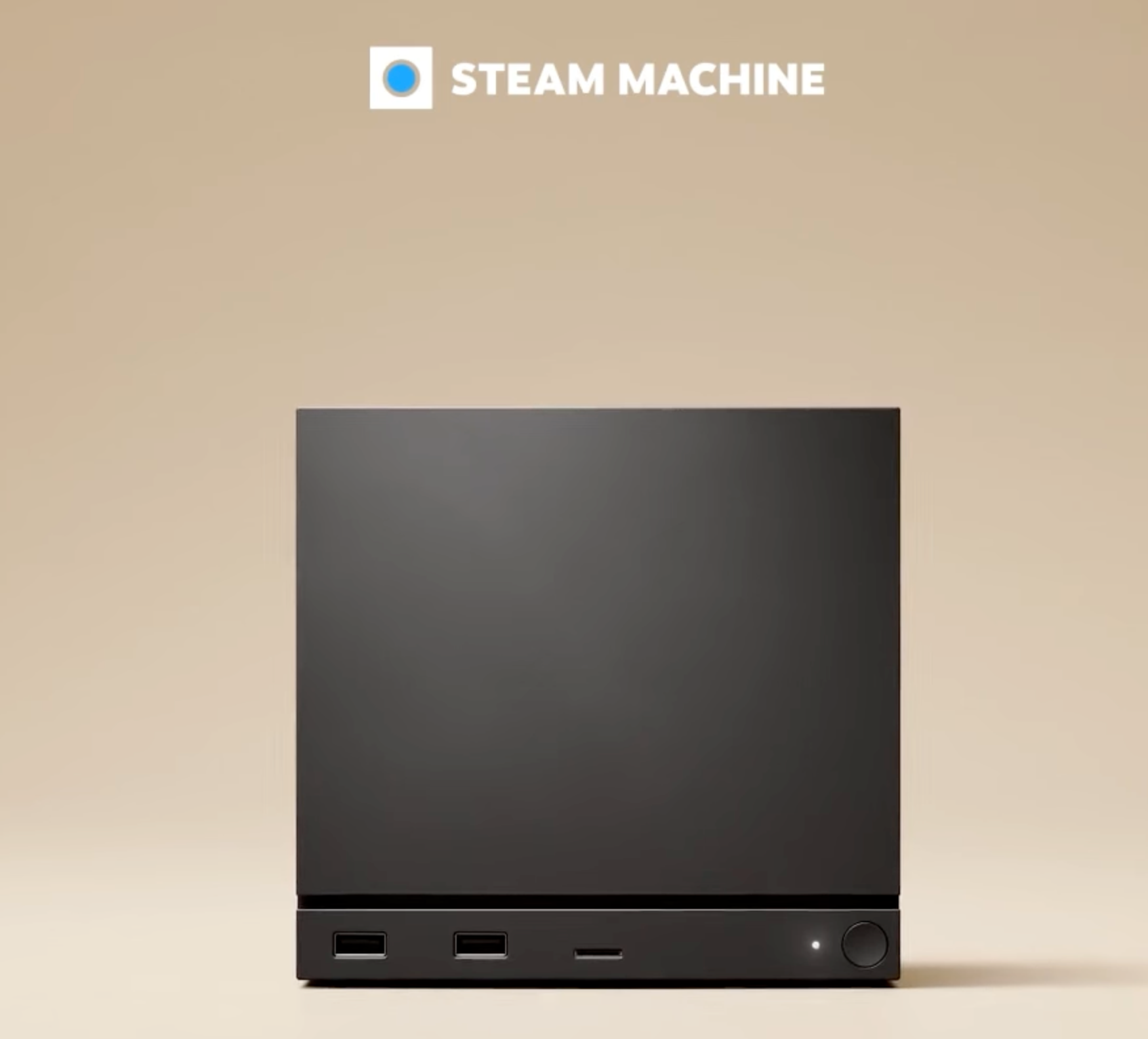
What This Device Is Meant to Be
This machine is built for players who want:
- A PC-console without the “PC setup” headache
- A dedicated living-room gaming box
- A family-friendly device that loads Steam instantly
- A streaming target for a more powerful gaming PC
- An all-in-one emulator hub
- A console replacement that doesn’t feel like one
Valve claims the Steam Machine is around six times more powerful than the Steam Deck, which is huge for something this small. But the real magic is the combination of SteamOS, Proton, local streaming, and the established Deck ecosystem — meaning your library, saves, and flow are already ready.
For console gamers curious about PC gaming… this might be the device that finally converts them.
Specs That Matter
- Custom APU (Zen4, RDNA3-based)
- 16GB upgradeable SODIMM RAM + 8GB of VRAM
- 512GB or 2TB storage, plus microSD
- 1Gb Ethernet, DisplayPort 1.4, HDMI 2.0, USB-C, four USB-3.2
- Wi-Fi 6e
- LED light bar supports custom scripts and effects
The LED bar is more than flair. It can show download progress, glow during activity, react to events, and offer subtle feedback in ways that feel genuinely useful. It’s a small touch, but one that elevates the experience.
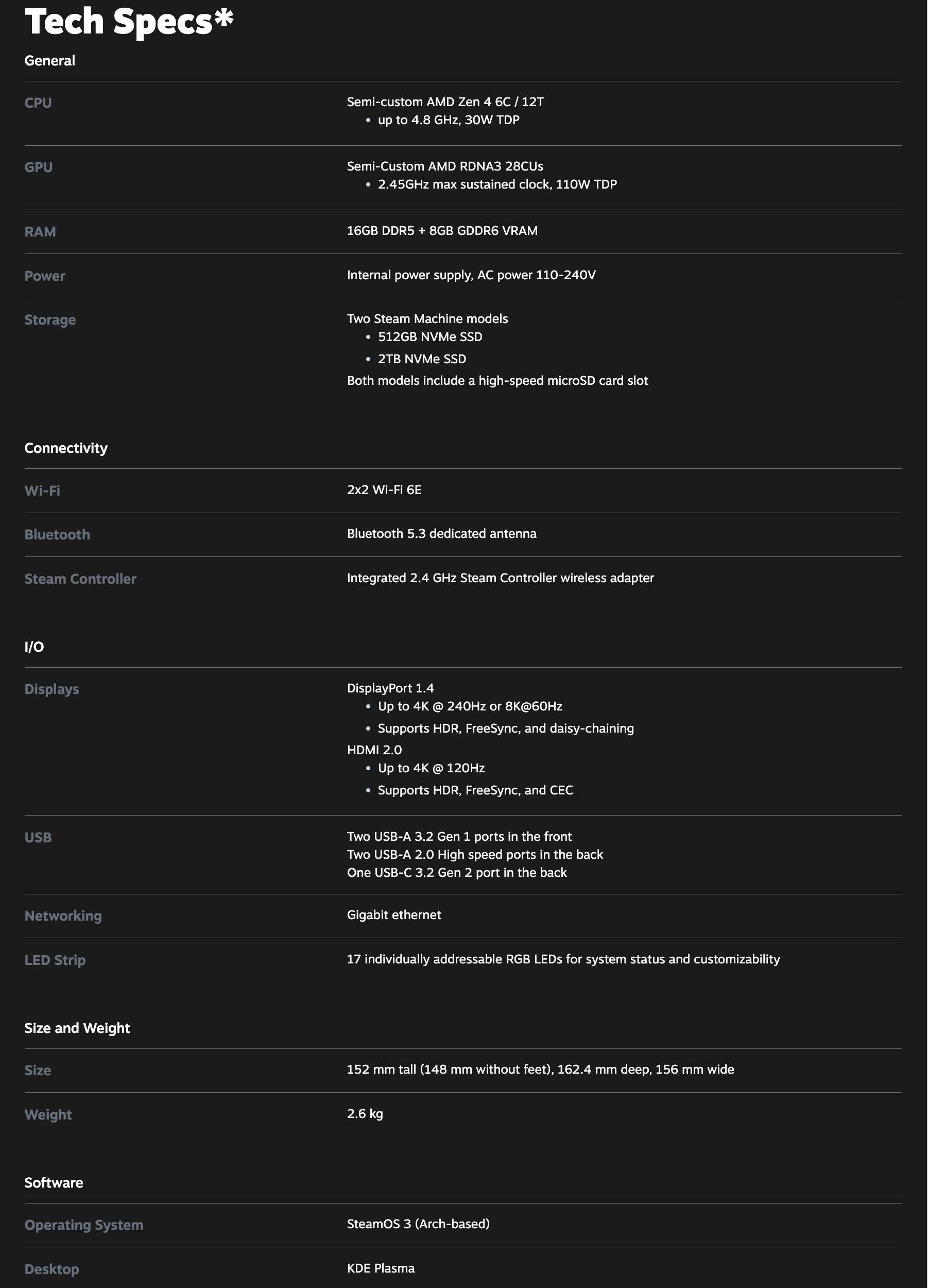
Who This Is For
Honestly? Almost everyone:
- New PC gamers
- Steam Deck owners wanting a living-room version
- Families wanting an easy co-op system
- PC gamers who want a second device
- Tinkerers, modders
- Beast PCs to GabeCube Streaming
If Valve prices this right, it’s going to be a monster hit.
The Steam Frame — Valve’s Next Evolution in VR
This is the big one. The Steam Frame isn’t just a successor to the Valve Index - it’s a complete rethinking of how PC VR could work.
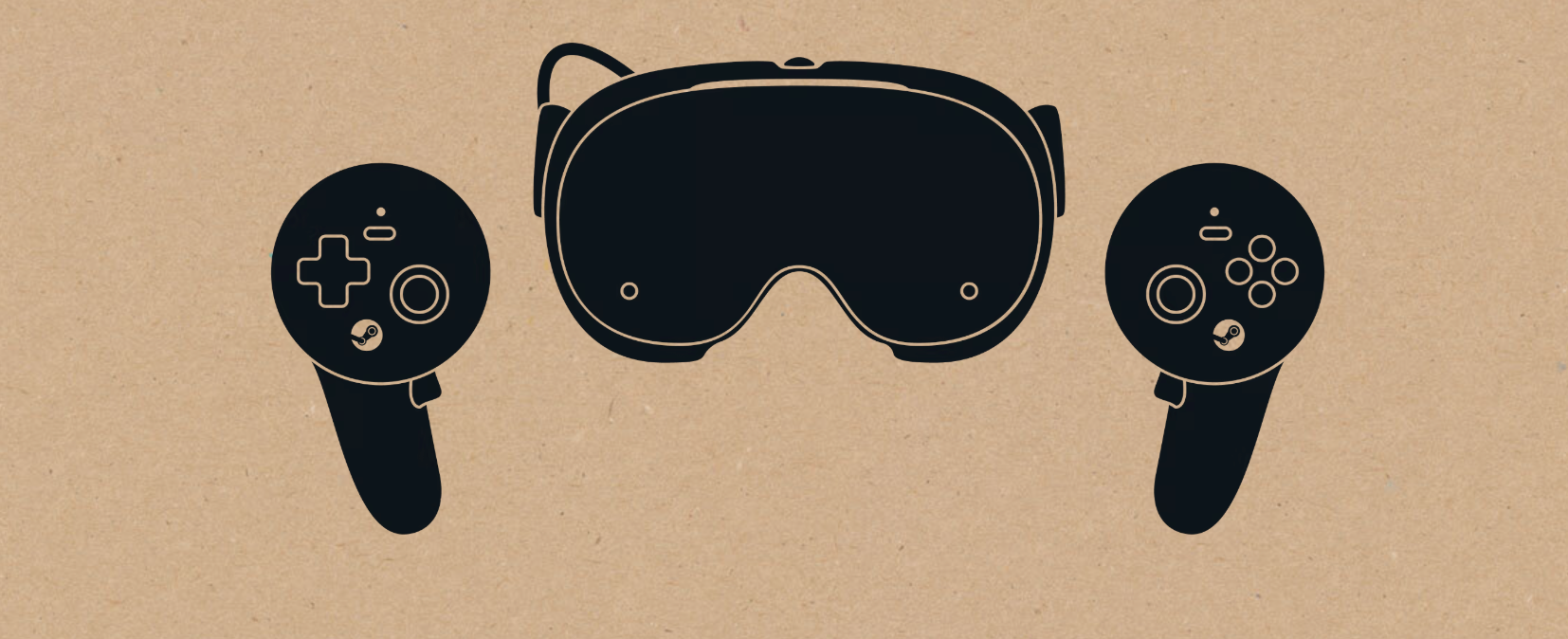
A Standalone VR Headset from Valve
For the first time, Valve built a headset with:
- A Snapdragon 8 Gen 3 ARM processor
- Standalone gaming capability
- Native ARM64 SteamOS
- No lighthouse sensors
- Inside-out tracking via onboard cameras
- Lightweight pancake lenses
- 256GB or 1TB storage options
This instantly puts it in the same category as Meta’s VR lineup, but with Valve’s PC gaming DNA baked in. It can run standalone experiences, sure, but it can also stream high-end PC VR through a dedicated 60GHz wireless dongle.

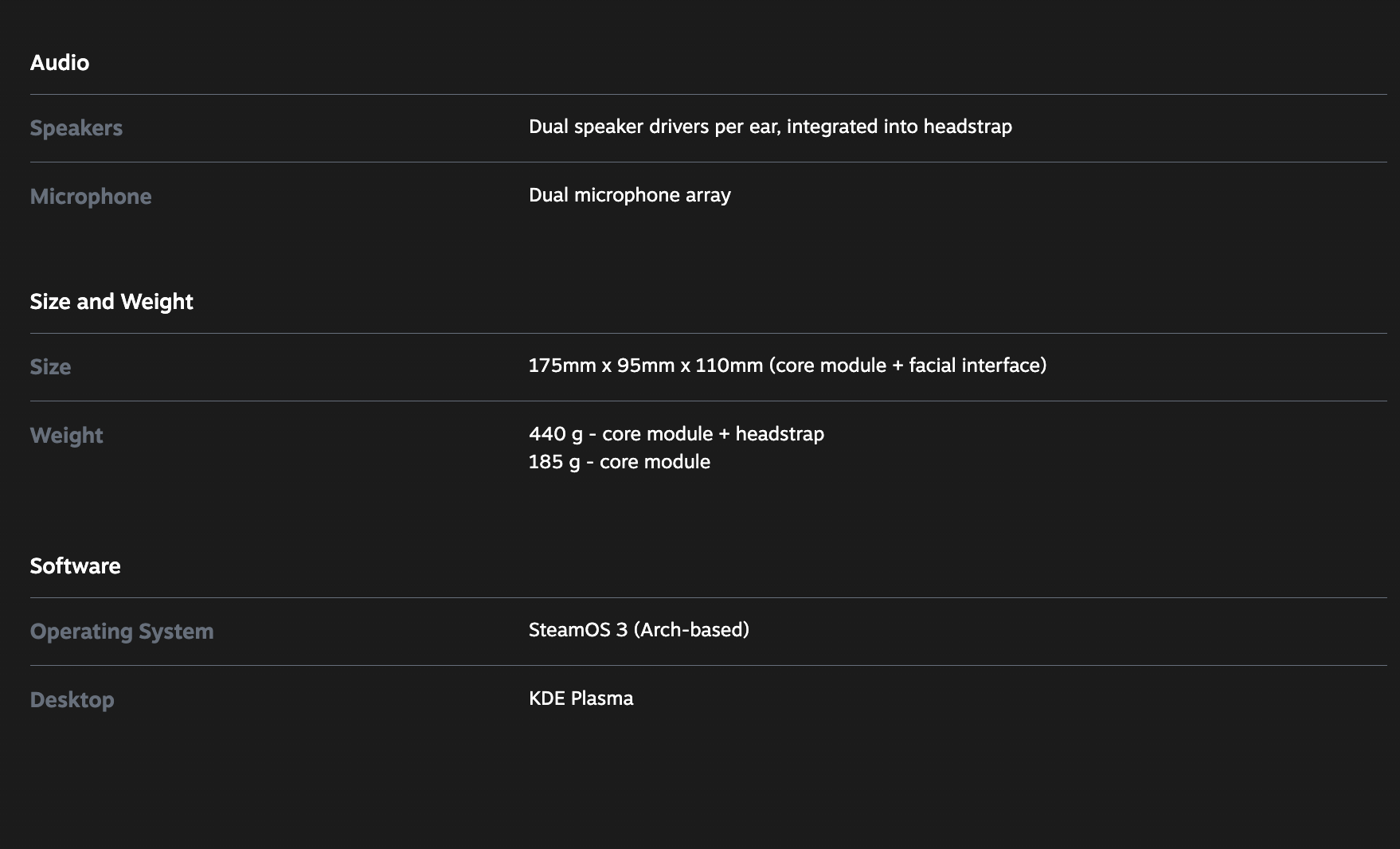
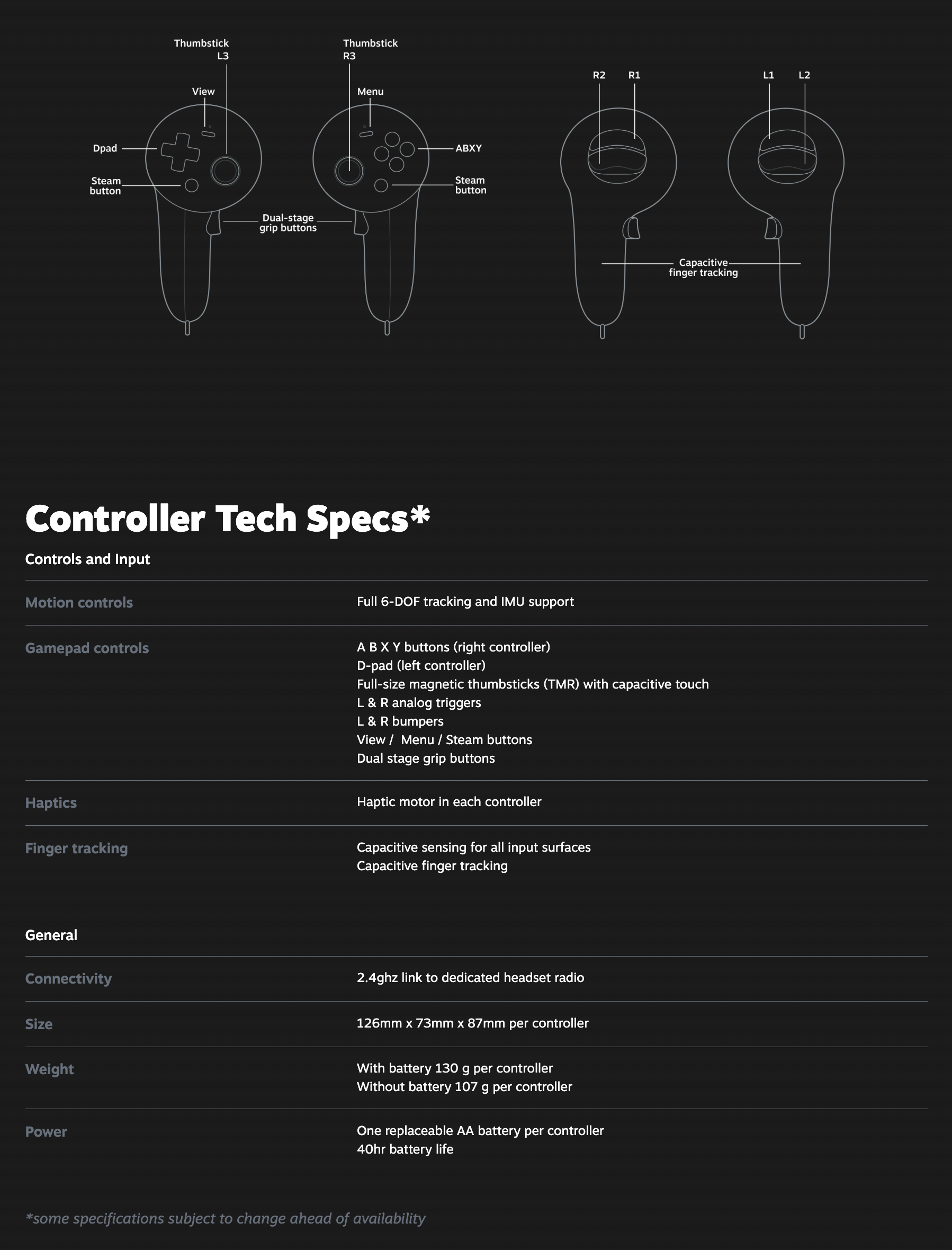
PC VR Without Lighthouses
Inside-out tracking used to be “the lesser option.”
But content creators are saying Valve might’ve cracked it:
- Smooth tracking even behind the back
- Low ghosting
- Highly responsive controllers
- No base stations needed
If true, this could be a major shift for high-end VR.
Valve Didn’t Forget the Index Magic
The controllers still include capacitive finger tracking, meaning:
- You can pinch, point, grab, and gesture
- Natural hand movement remains intact
- Half-Life: Alyx-style interactions still feel right
The only downside?
The controllers use removable (not internal) batteries. Rechargeables will work, but you’ll need to swap them instead of docking them.
Battery Life
- ~1 hour for demanding native VR
- 3–4 hours when streaming from a PC
Plenty for VR sessions, honestly. No one should marathon VR for four hours straight unless they’re trying to respawn in real life.
Why This Matters
SteamOS supporting ARM64 is huge.
It opens the door for:
- ARM-based handheld PCs
- Cheaper SteamOS devices
- New mobile-friendly games on Steam
- A broader ecosystem without x86 limitations
Valve is clearly looking long-term here.
The Steam Controller V2 — Compatibility With Personality
This is the controller hardcore Steam fans have been waiting for — the true successor to the original Steam Controller, but reborn with Steam Deck DNA.
A Steam Deck Controller, But Better
The new Steam Controller features:
- Hall-effect thumbsticks (magnetic, drift-proof)
- Improved haptics
- Gyro aiming
- Angled trackpads for shortcuts and typing
- Capacitive grips
- The most glorious feature:a magnetic charging puck
The Charging Puck Is Genius
You plug the puck into your PC.
When you’re done playing, you drop the controller onto it.
It snaps on magnetically and charges.
No cables. No cradles. No nonsense.
This alone will sell units.
The Big Question
Will the trackpads become a major input method… or are they just fancy shortcuts?
They look slightly awkward, and I suspect they’ll shine in quick actions or menu navigation, not full joystick replacement.
But until we get hands-on, we can’t judge.
Pricing — The Big Mystery
Valve has intentionally held back pricing due to global market volatility, tariffs, and unpredictable shipping costs. From interviews, it sounds like they may not lock in numbers until very close to launch.
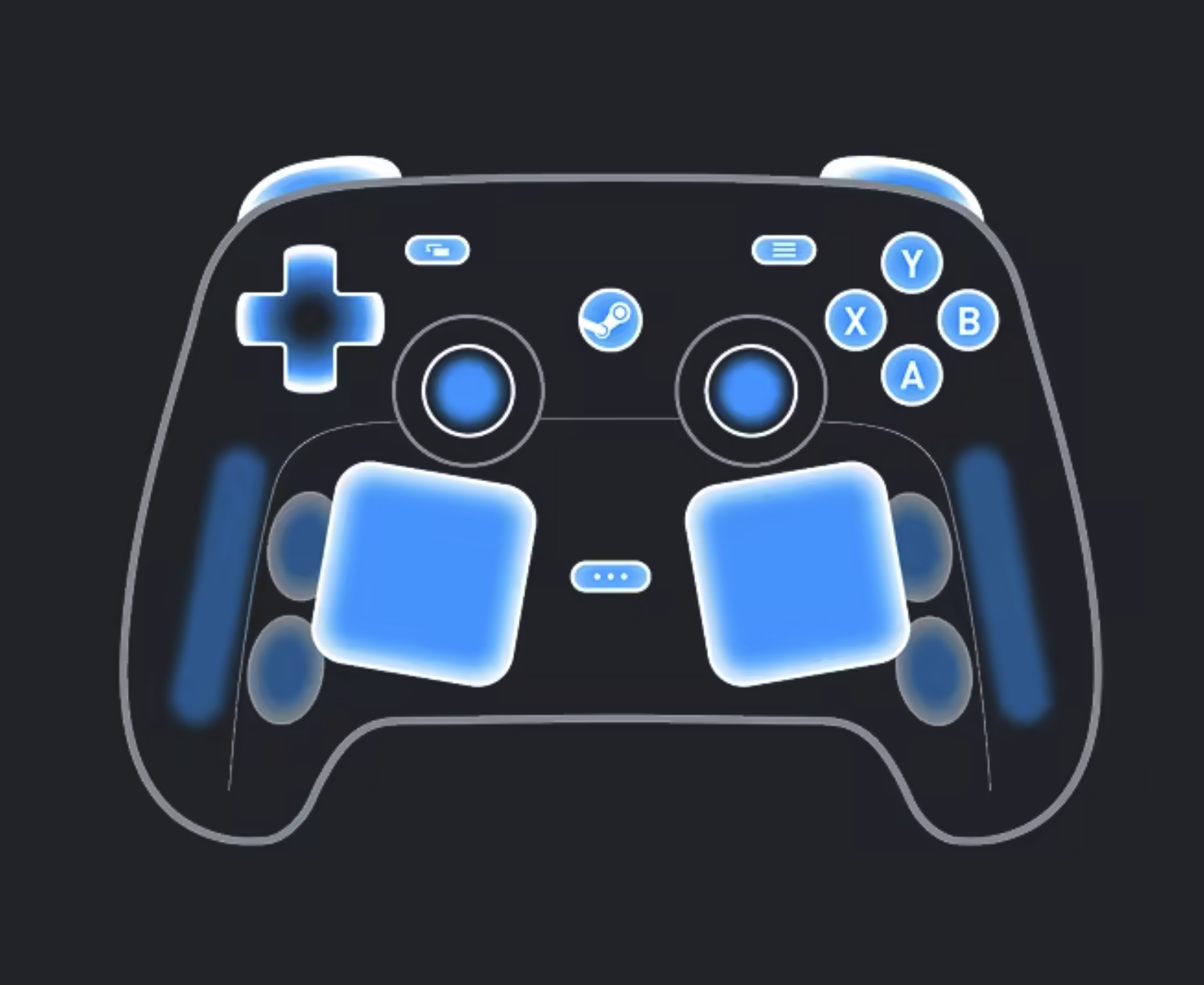
But based on parts, industry patterns, and community speculation:
Likely Price Ranges
- Steam Machine: Comparable to entry-level small form-factor gaming PCs
- Steam Frame: In the neighborhood of a Valve Index without lighthouse sensors
- Steam Controller: Around the cost of a premium game controller
If you want all three?
Budget around $2,000 to avoid surprises.
If you’re aiming for just one device?
Expect $800+ for the headset or possibly less for the Steam Machine or controller.
Members will get my full unfiltered breakdown once Valve finally reveals the numbers — including whether the pricing feels fair or if we’re entering full-on greedflation territory.
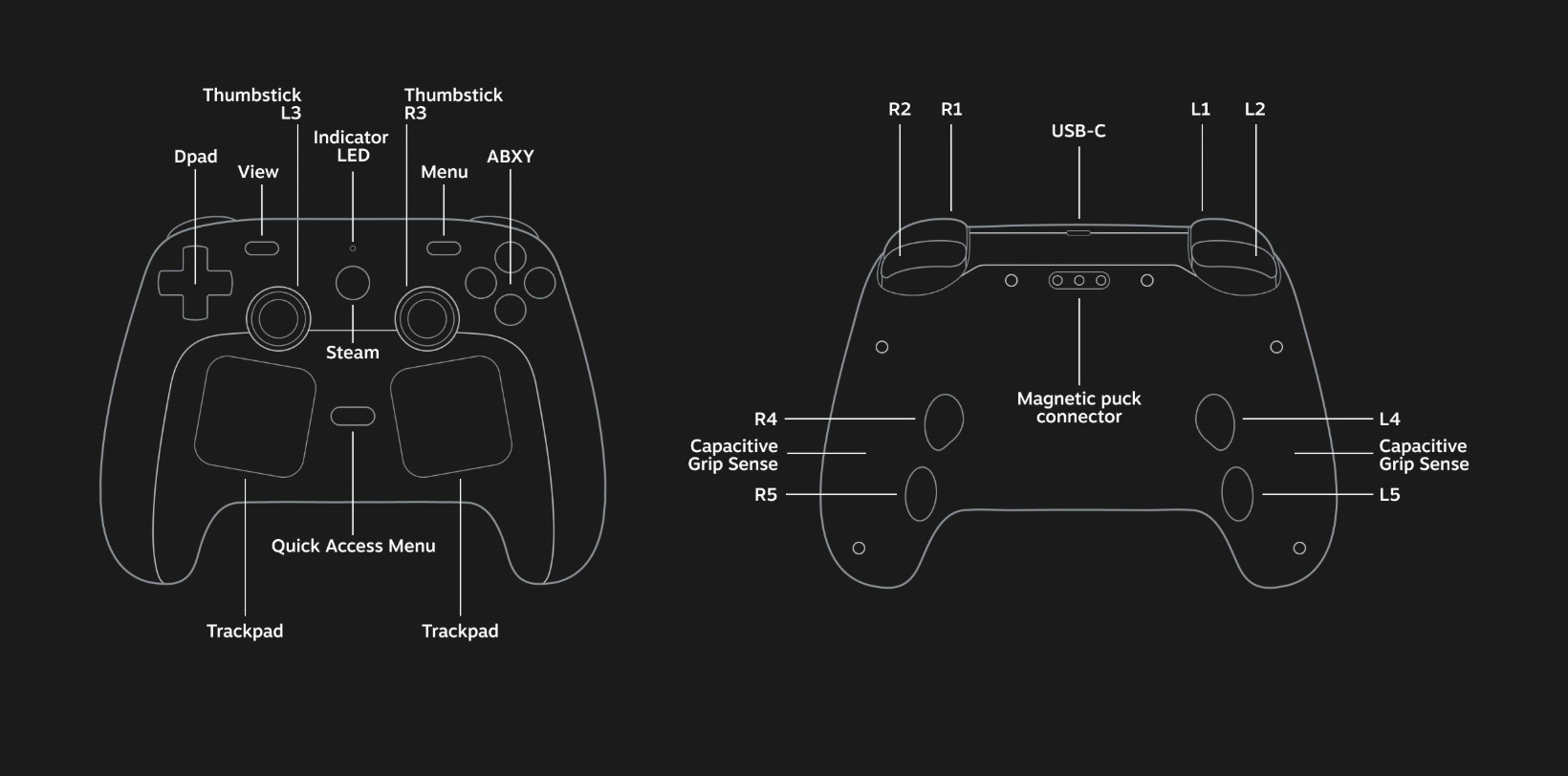
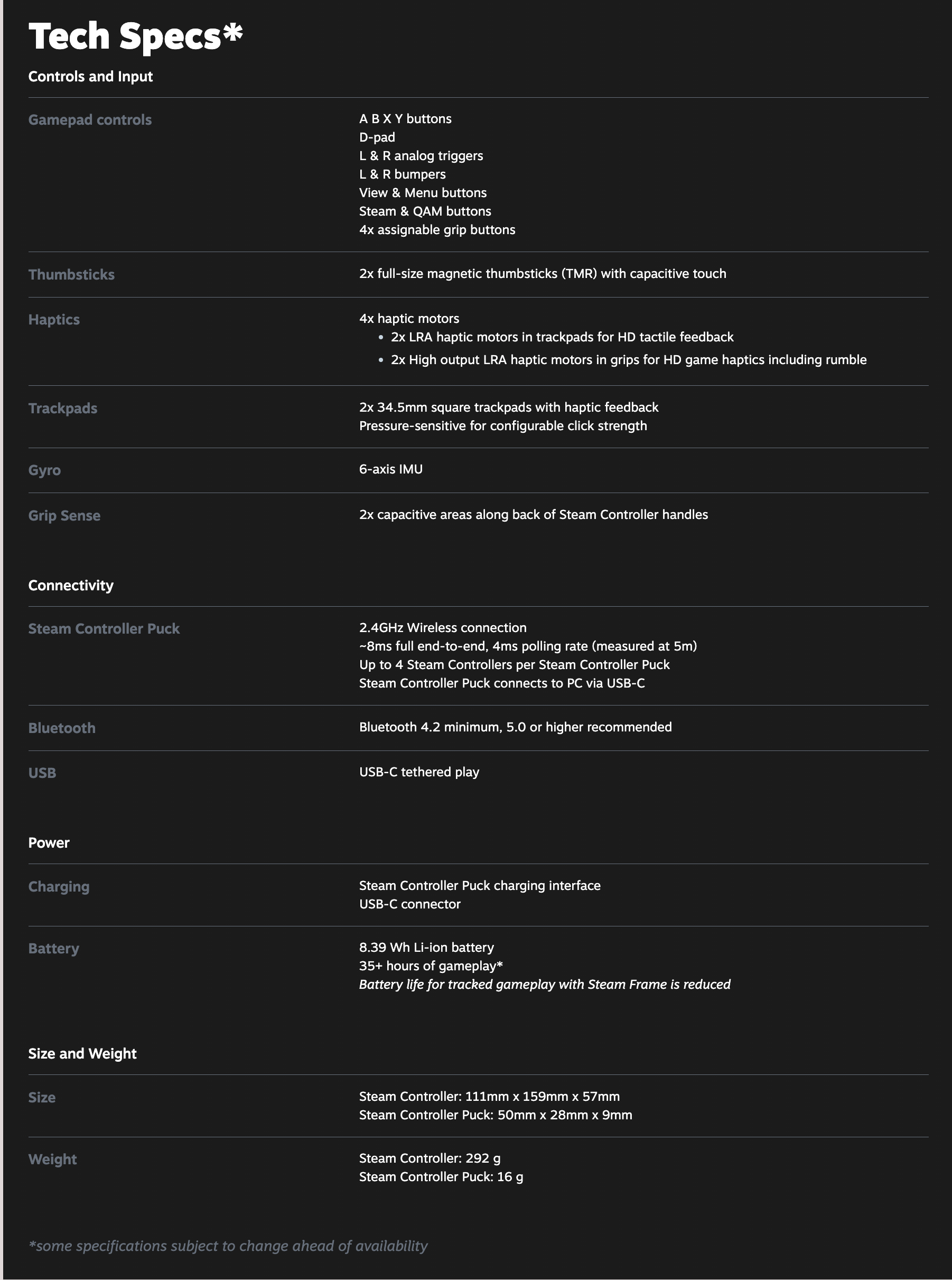
Final Thoughts
2026 might be one of the most important years in PC gaming.
Valve is clearly building a hardware ecosystem that spans:
- Handheld gaming
- Living-room PC gaming
- Standalone VR
- PC VR
- New input devices
- An expanding SteamOS platform
And this is all happening before we even get details on whatever game projects Valve has brewing in the background.
When can we reserve these devices?
When will pricing drop?
What surprises are still coming?
We’ll be watching every interview, every leak, every dev hint, and every hands-on report until these things launch. Follow along — this is going to be a wild ride.
Must-watch
Alright, let’s step out of the polite-summary zone for a minute, because there are things about this triple hardware drop that deserve some unfiltered honesty. Valve is cooking right now, but they’re also being way too cryptic. No prices. No preorder dates. No real timeline. Just three shiny devices and a “trust us, bro.”
And let’s be honest: when a company refuses to talk numbers this late in the game, it usually means the prices are going to hit hard. Between tariffs, component shortages, and whatever economic chaos we’re living in right now, these things could land anywhere between “not bad” and “there goes my entire tax return.”
The Steam Machine? I love it, but four USB-A ports in 2026 feels like someone on the design team is still running Windows XP in their basement. The Steam Frame? Looks incredible, but removable batteries in the controllers again? Bold choice, Valve. And the Steam Controller V2? I’m hyped, but those angled trackpads are either going to be nice or the exact reason I don't use the current trackpads on the first Steam Controller.
This is the stuff I can’t really go all-in on publicly without the YouTube comments turning into a small, controlled riot.
Members get the full breakdown — all the weird decisions, all the pricing traps to watch out for, and what I actually think each device is worth once you scrape the marketing off.
If you want the uncensored version... the stuff I can’t put in the main feed... then come hang out behind the curtain.



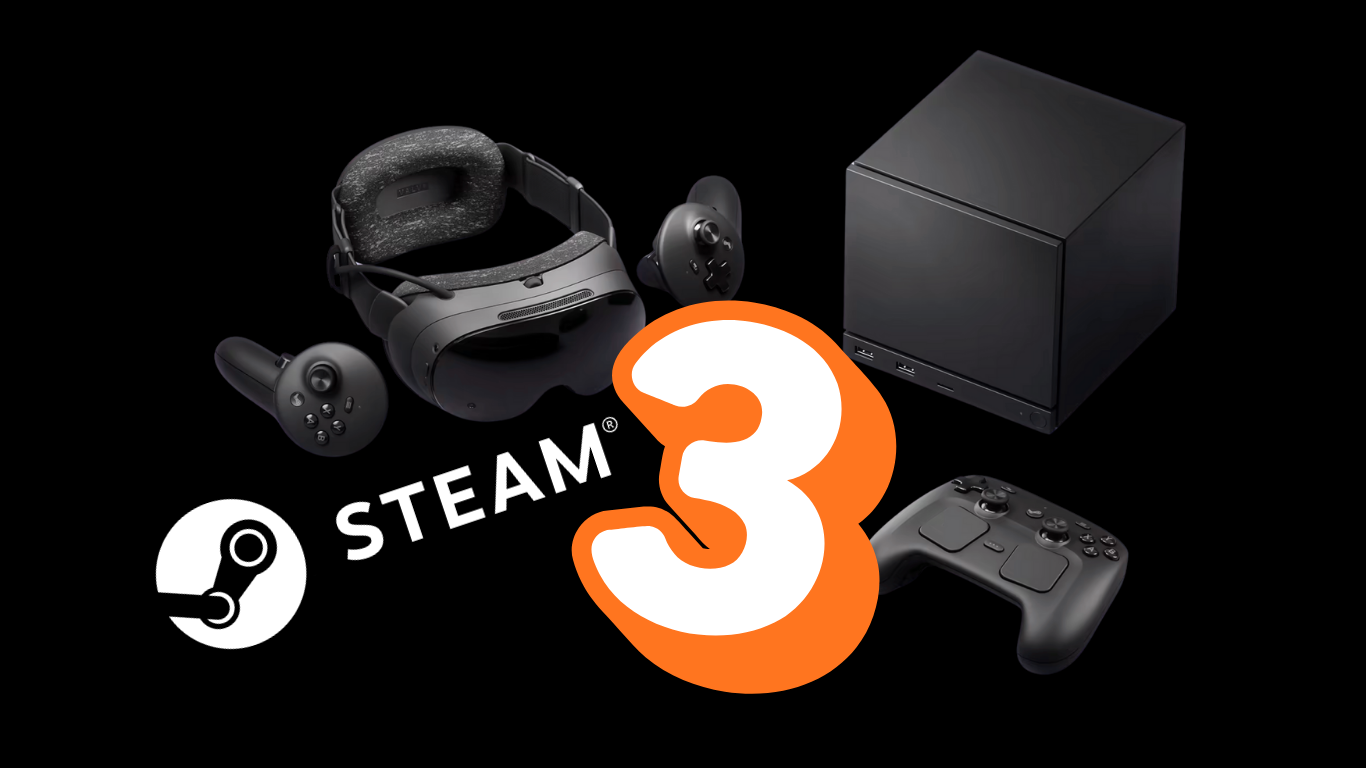

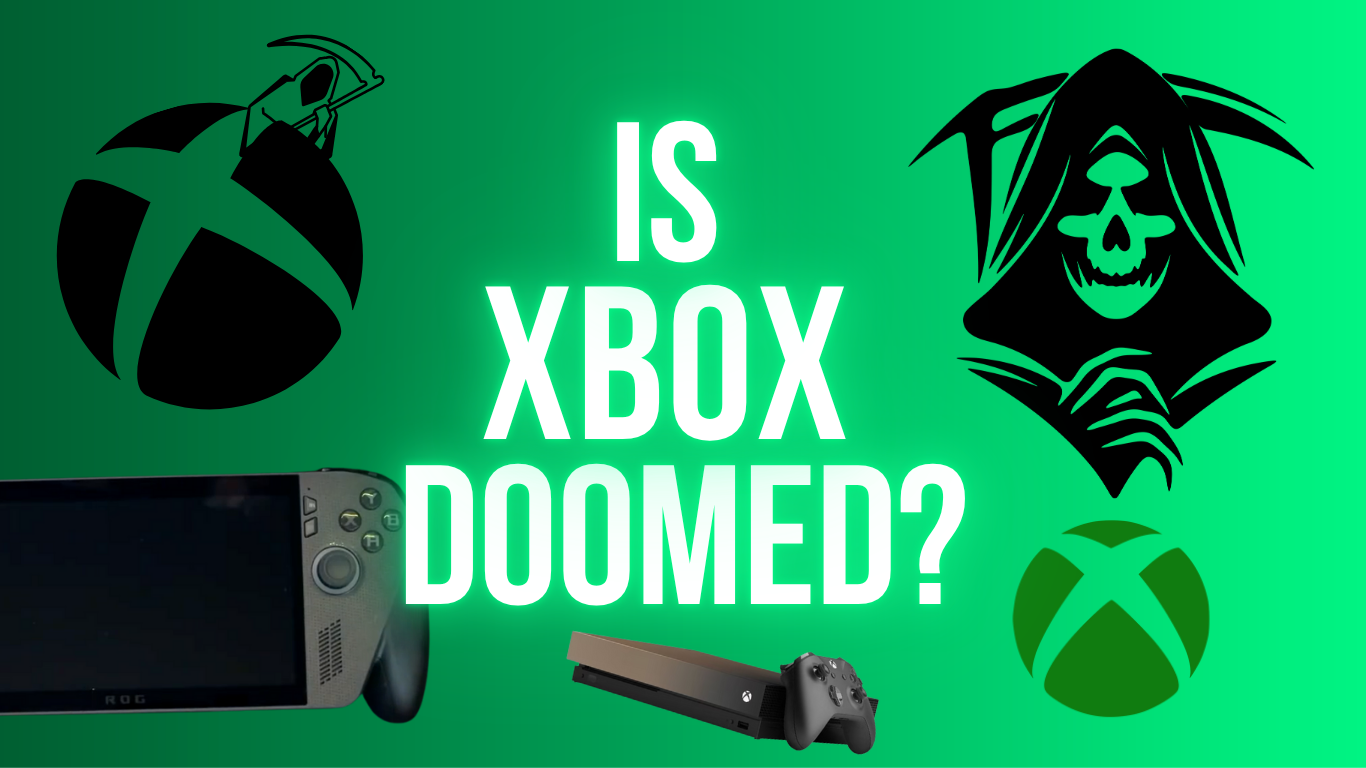
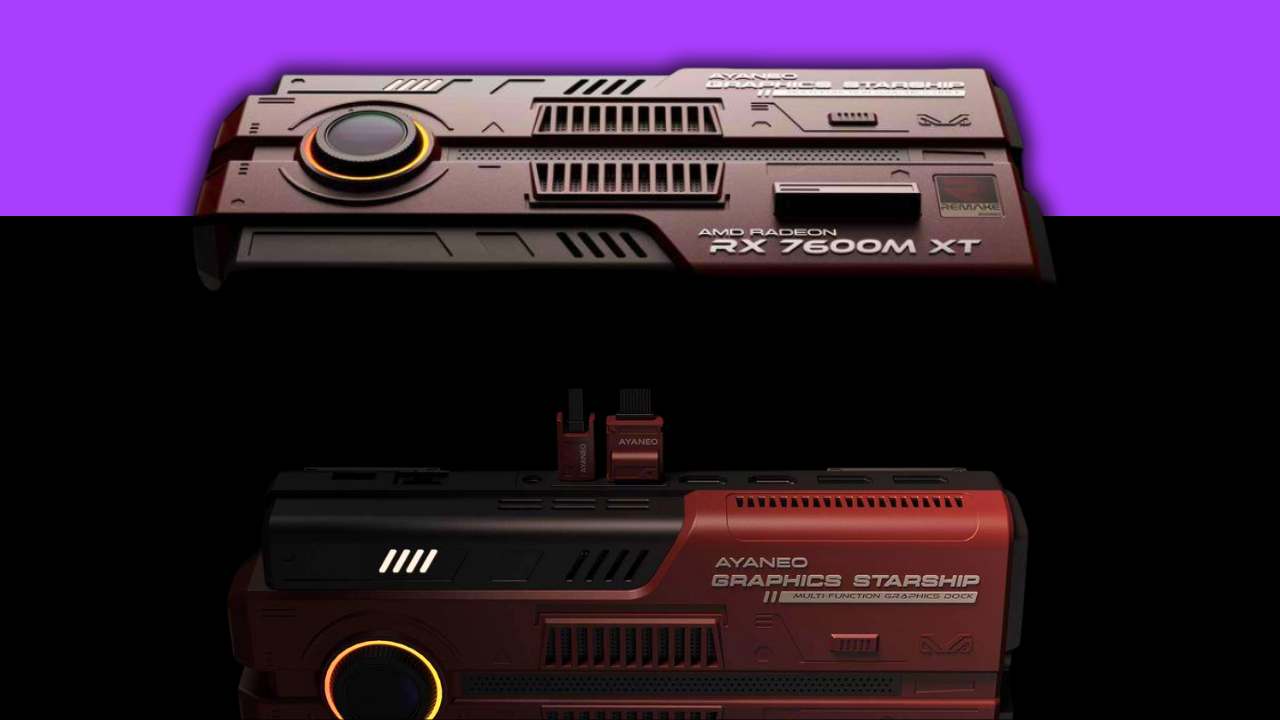

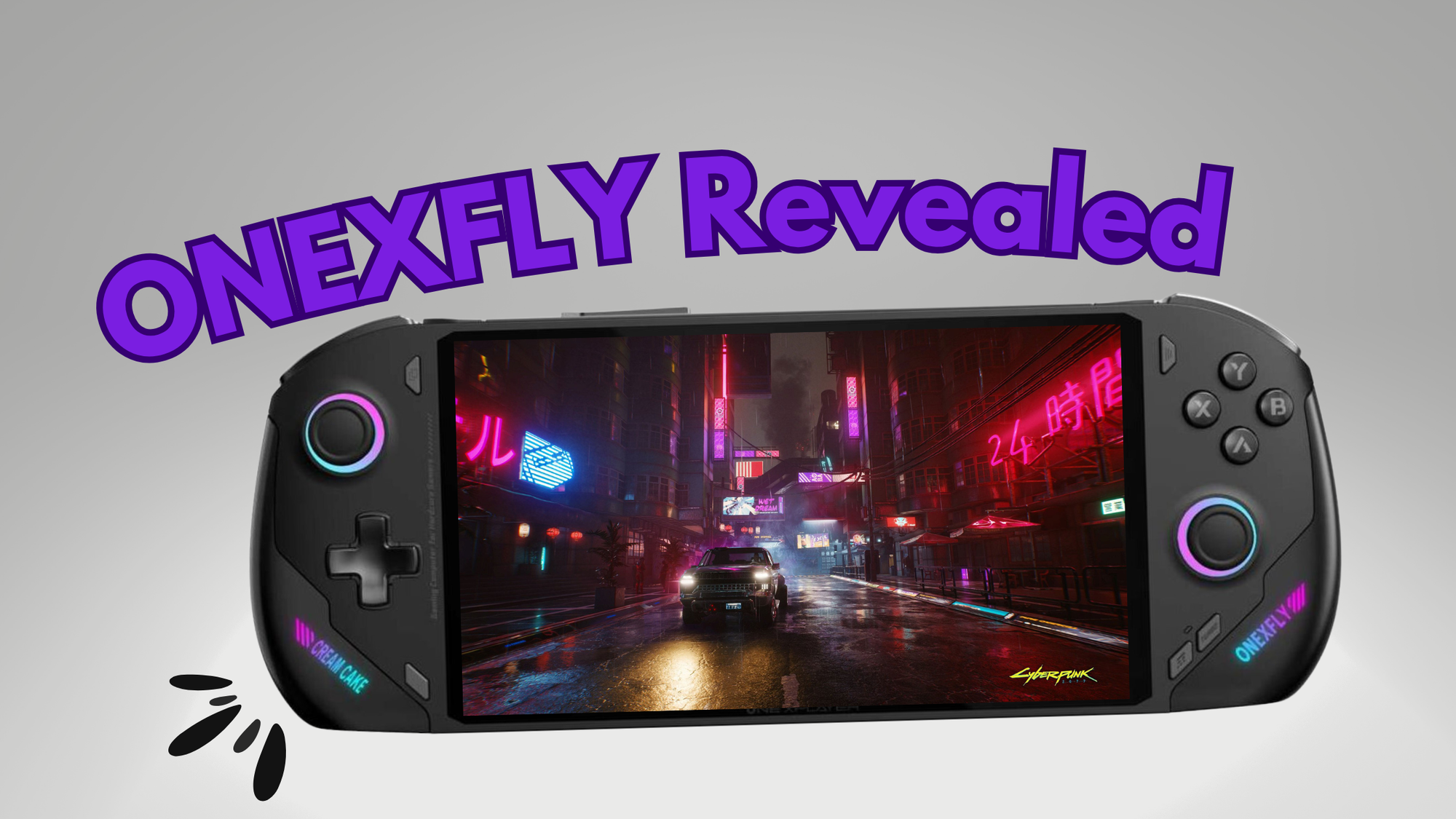
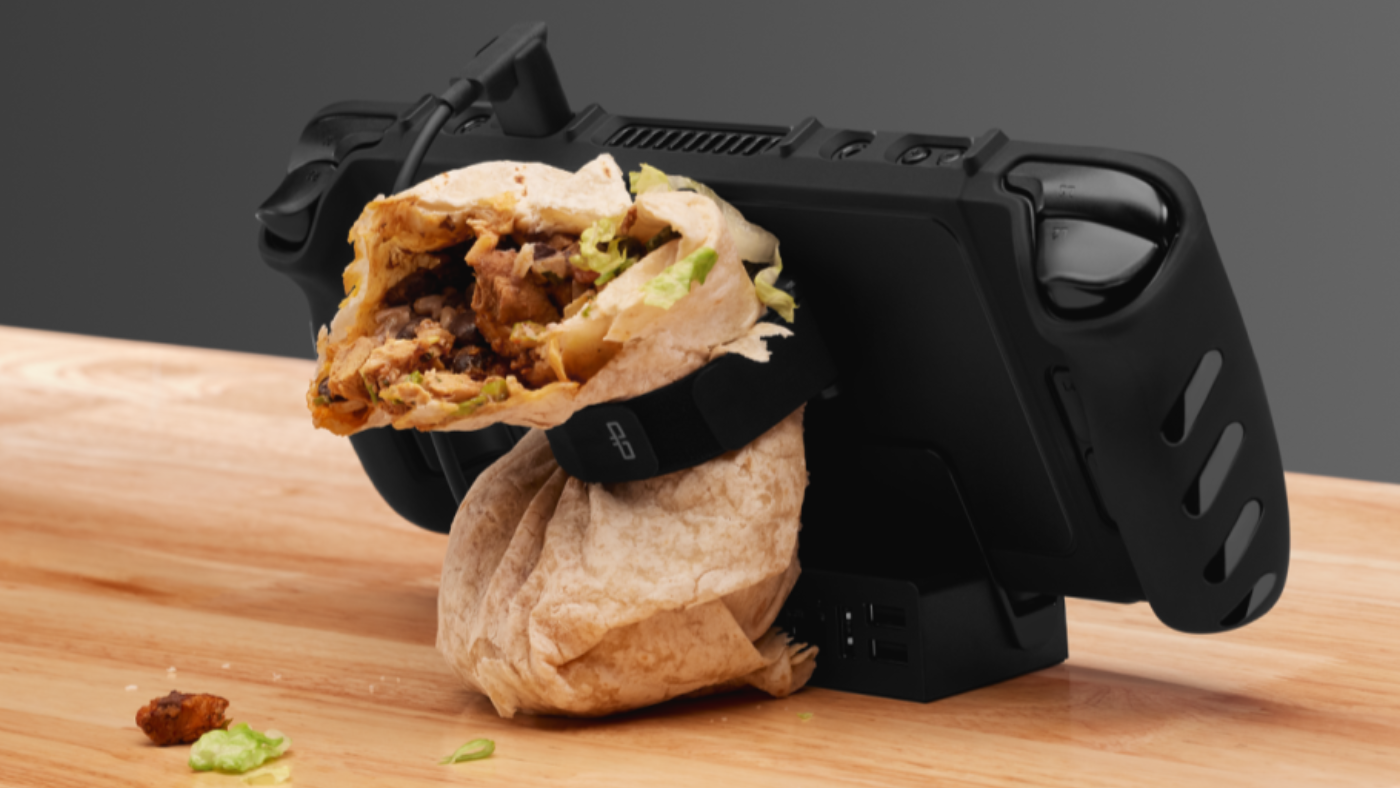


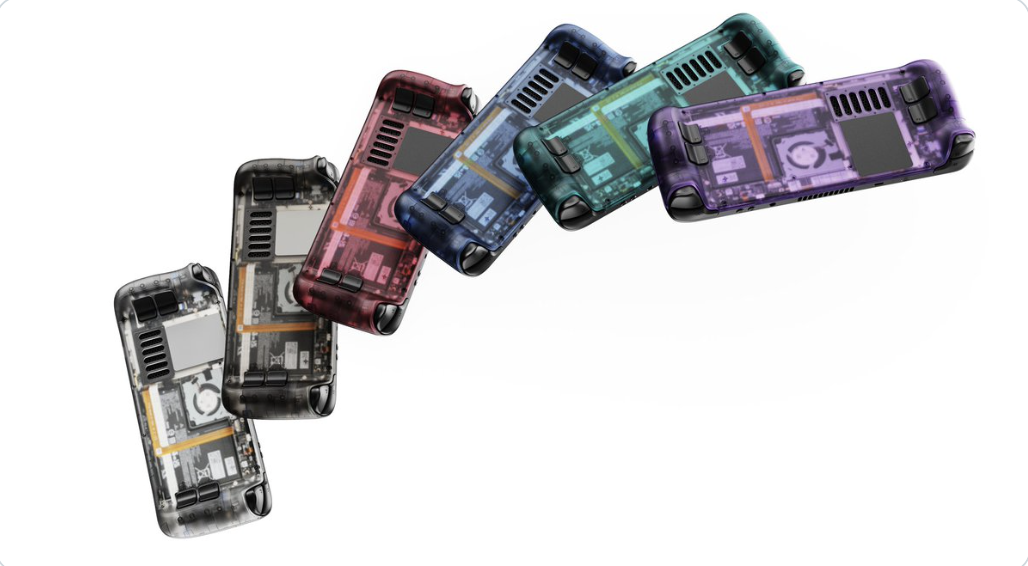
Discussion